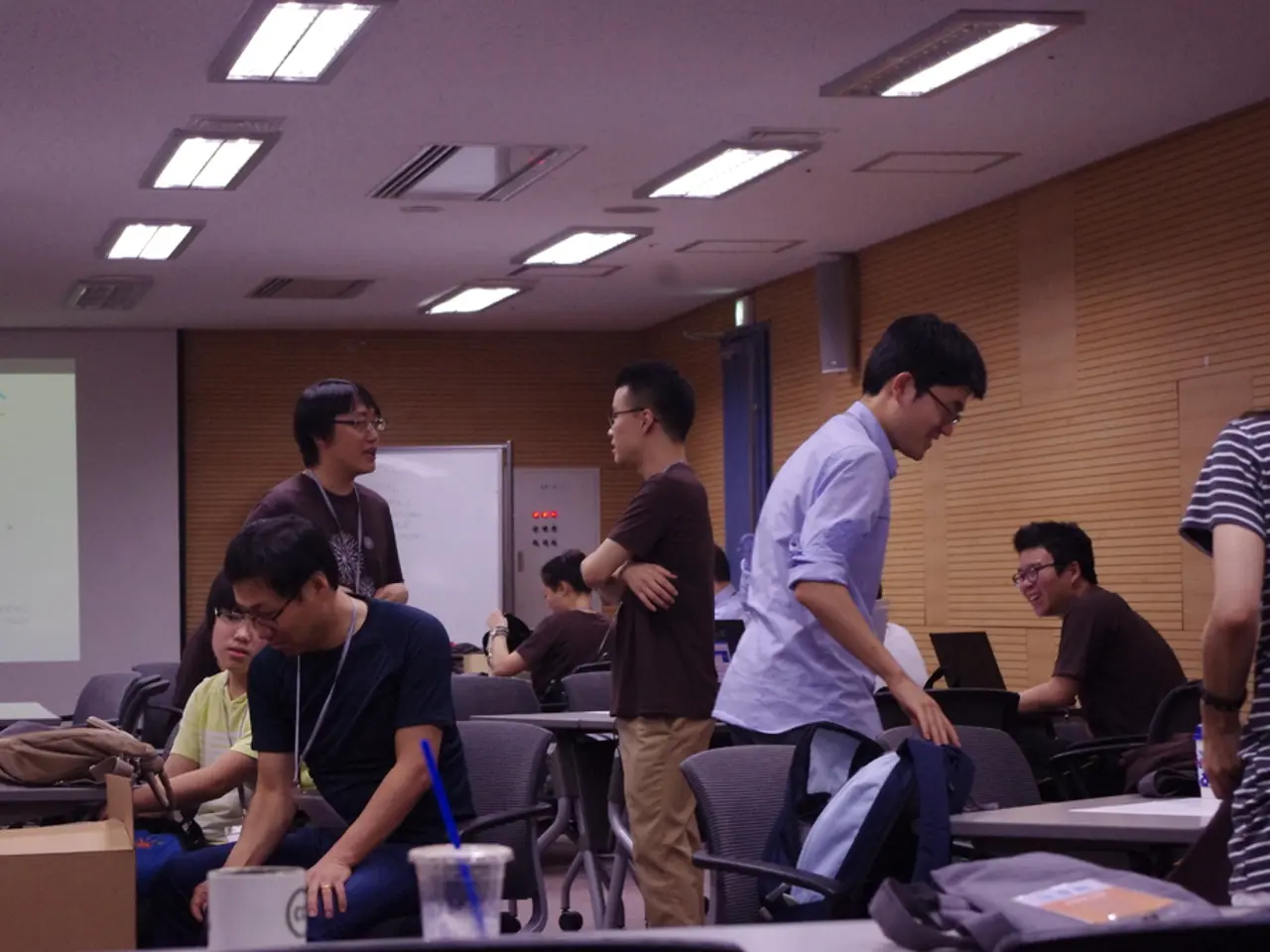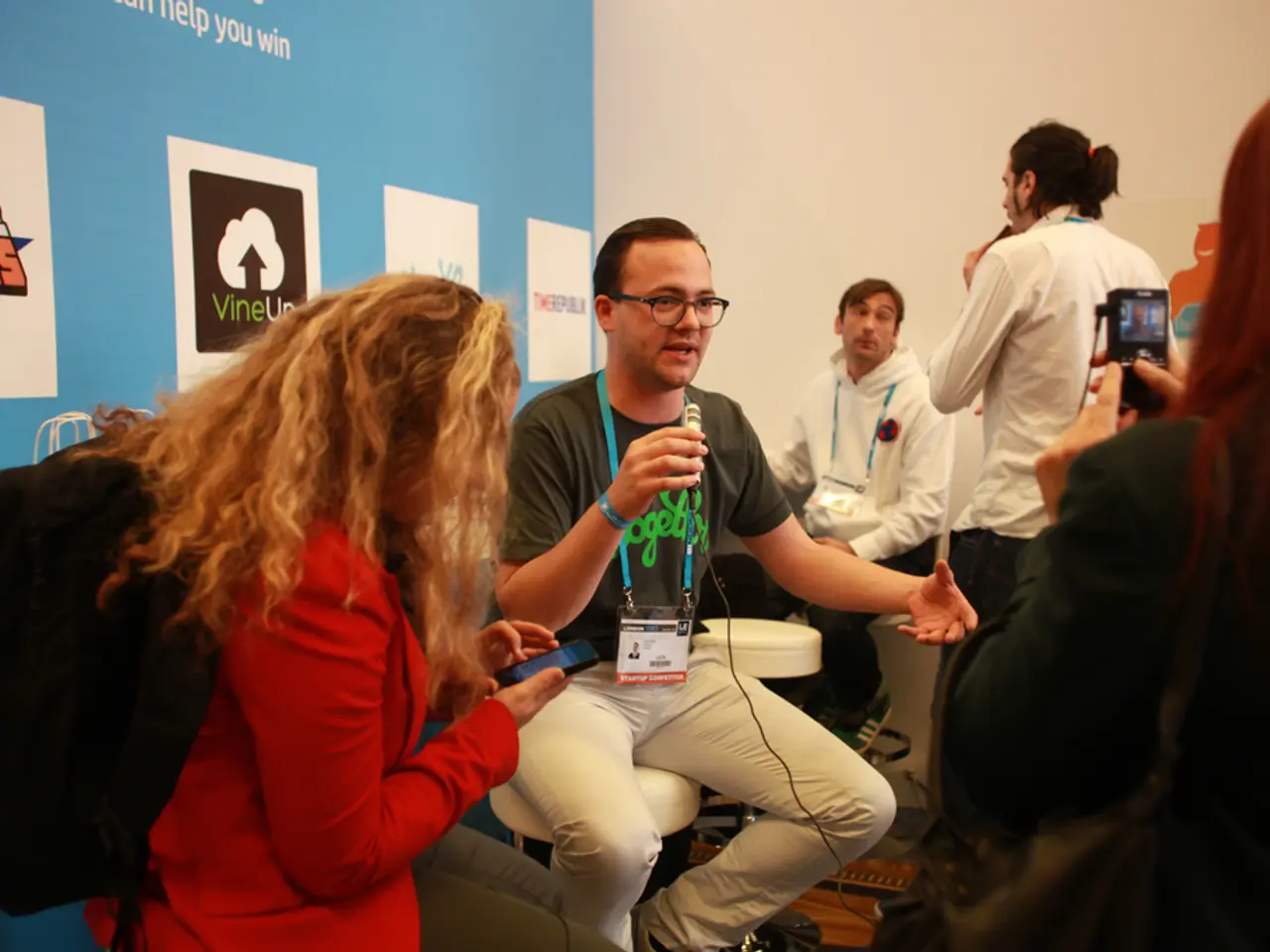EdTech Fellowship Initiated by CcHub and Mastercard Foundation Supports 12 African Startups in Their Third Edition
The third cohort of the EdTech Fellowship program, a partnership between Co-creation Hub (CcHub) and the Mastercard Foundation, has been announced. The initiative aims to address structural challenges in sub-Saharan education systems, where access remains uneven and infrastructure is limited.
The program, launched in 2025, is focused on supporting high-potential EdTech startups in Nigeria with an emphasis on advancing inclusive and quality education through technology. Twelve startups have been selected for the program, half of which are led by women.
Each participant has access to up to $100,000 in non-equity grants. Besides funding, the cohort benefits from exposure to a vibrant network of investors, coaching and mentoring from successful founders and experts, advisory support in learning science, product development, marketing, sales, and talent management, and access to a community of practice for product testing and networking opportunities with other EdTech founders.
The startups are involved in creating inclusive EdTech solutions that enhance education quality and accessibility, supporting diverse learners. The focus remains on advancing equitable access to quality education in Africa. Integration of these tools into national education strategies could accelerate their adoption.
The selected startups offer a variety of tools, including AI-driven learning platforms and offline virtual science labs. The goal is to attract further investment and ensure long-term viability. Africa's rapidly expanding youth population is intensifying demand for education, and only 37% of the African population used the internet in 2023, according to the International Telecommunication Union. This makes scalable offline solutions critical for broadening educational access.
The integration could drive systemic transformation across Africa's learning ecosystems. The initiative places emphasis on measuring impact rigorously to ensure the success and sustainability of the program. This fellowship aims to nurture EdTech ventures that design education technologies for inclusion, helping improve learning outcomes through innovative digital approaches.
- The non-equity grants provided to the EdTech startups, combined with guidance in finance, technology, and education-and-self-development, aim to support the long-term viability and scalability of their inclusive EdTech solutions.
- As these EdTech startups develop innovative digital approaches to education, integrating them into national education strategies could not only accelerate their adoption but also foster systemic transformation in Africa, bridging the digital divide and expanding educational access.




